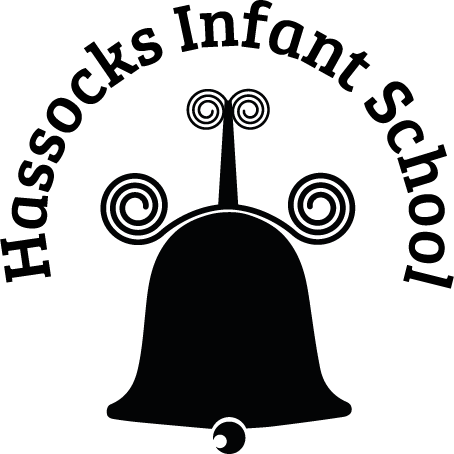EYFS and National Curriculum Objectives
Early Years Foundation Stage (Reception Year)
The Natural World:
Early Learning Goal: Children know about similarities and differences in relation to places, objects, materials and living things. They talk about the features of their own immediate environment and how environments might vary from one another. They make observations of animals and plants and explain why some things occur, and talk about changes.
People and Communities:
Early Learning Goal: Children talk about past and present events in their own lives and in the lives of family members. They know that other children don’t always enjoy the same things, and are sensitive to this. They know about similarities and differences between themselves and others, and amongst families, communities and traditions.
Cross-Curriculum:
The EYFS by its very nature fosters learning simultaneously across all disciplines; some direct learning opportunities will be planned in relation to 'The Natural World' and 'People and Communities', with multiple other opportunities to engage with learning from other strands of the EYFS curriculum too. These opportunities are built into wide classroom provision, taken from the children's interests and play. The other aspects of the EYFS curriculum are:
- Communication and Language
- Personal, Social and Emotional Development
- Physical Development
- Literacy
- Mathematics
- Understanding the World
- Expressive Arts and Design
National curriculum purpose of study (Y1 & Y2):
A high-quality geography education should inspire in pupils a curiosity and fascination about the world and its people that will remain with them for the rest of their lives. Teaching should equip pupils with knowledge about diverse places, people, resources and natural and human environments, together with a deep understanding of the Earth’s key physical and human processes. As pupils progress, their growing knowledge about the world should help them to deepen their understanding of the interaction between physical and human processes, and of the formation and use of landscapes and environments. Geographical knowledge, understanding and skills provide the frameworks and approaches that explain how the Earth’s features at different scales are shaped, interconnected and change over time.
National curriculum aims:
The national curriculum for geography aims to ensure that all pupils:
- Develop contextual knowledge of the location of globally significant places – both terrestrial and marine – including their defining physical and human characteristics and how these provide a geographical context for understanding the actions of processes
- Understand the processes that give rise to key physical and human geographical features of the world, how these are interdependent and how they bring about spatial variation and change over time are competent in the geographical skills needed to:
- Collect, analyse and communicate with a range of data gathered through experience of fieldwork that deepens their understanding of geographical processes.
- Interpret a range of sources of geographical information, including maps, diagrams, globes, aerial photographs and Geographical Information Systems (GIS)
- Communicate geographical information in a variety of ways, including through maps, numerical and quantitative skills and writing at length
